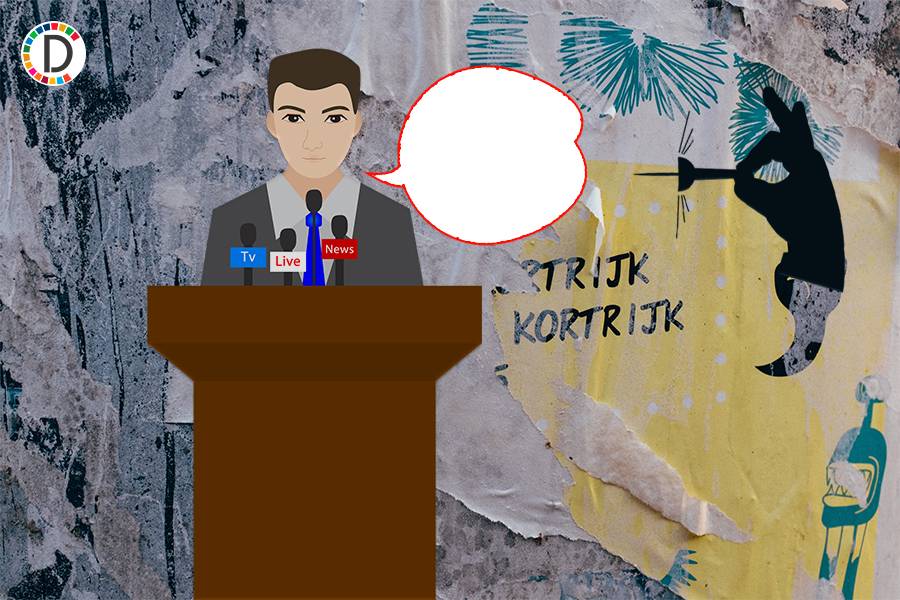Montenegro's president asks pro-Serb opposition leader to form new government
Montenegro's president nominated Zdravko Krivokapic, the leader of a pro-Serb opposition alliance backed by the powerful Serbian Orthodox Church, to form a government on Thursday, ending three decades of socialist rule.

- Country:
- Montenegro
Montenegro's president nominated Zdravko Krivokapic, the leader of a pro-Serb opposition alliance backed by the powerful Serbian Orthodox Church, to form a government on Thursday, ending three decades of socialist rule. For the Future of Montenegro and its allies from the centre-right alliance Peace is Our Nation, and a group led by the green URA party, jointly secured a slim majority of 41 deputies in the 81-seat parliament in an election on Aug. 30. They subsequently agreed to form a cabinet.
After meeting the leaders of the proposed coalition, President Milo Djukanovic said he would forward Krivokapic's name to parliament. Djukanovic, who faces reelection in 2023, said the new government would maintain reforms and investments in the tiny Adriatic republic of only 620,000, a NATO member and a candidate to join the European Union.
"This proves the maturity of our society ... Montenegro is recognised as a (key) factor for regional stability," he said. For Future of Montenegro has pledged the country would maintain its EU membership bid and NATO membership.
Krivokapic said that the talks with Djukanovic "were a sign of improvement of the political culture" and that he and other opposition leaders will send a proposal for the composition of new Cabinet to the parliament by Nov 8. "The most important thing for us is the different future for Montenegro," he told reporters.
Opposition leaders, democracy and human rights watchdogs, have long accused Djukanovic and his Democratic Party of Socialists (DPS) of running Montenegro as their own corrupt fiefdom with links to organised crime. The DPS and Djukanovic deny the charges.
Montenegrins who identify as Serbs account for about a third of its population. Most Montenegrins and Serbs share language and the Orthodox Christian faith, and many of Serbia's citizens have roots and families in Montenegro. The Serbian Orthodox Church, the largest in the country, held daily protests against a law adopted last December that allows the state to seize religious assets whose historical ownership cannot be proven.
(This story has not been edited by Devdiscourse staff and is auto-generated from a syndicated feed.)
- READ MORE ON:
- Orthodox
- Christian
- Serbs
- Milo Djukanovic
- Zdravko Krivokapic
ALSO READ
VVIP chopper scam: Consistently raise Christian Michel extradition case with India, says UK
Denmark shuts down cannabis street in Christiania hippie enclave
Denmark shuts down cannabis street in Christiania hippie enclave
Kerala: Christian diocese screens 'The Kerala Story' for teens
Indore administration cancels nod for Christian prayer meet citing law and order situation










